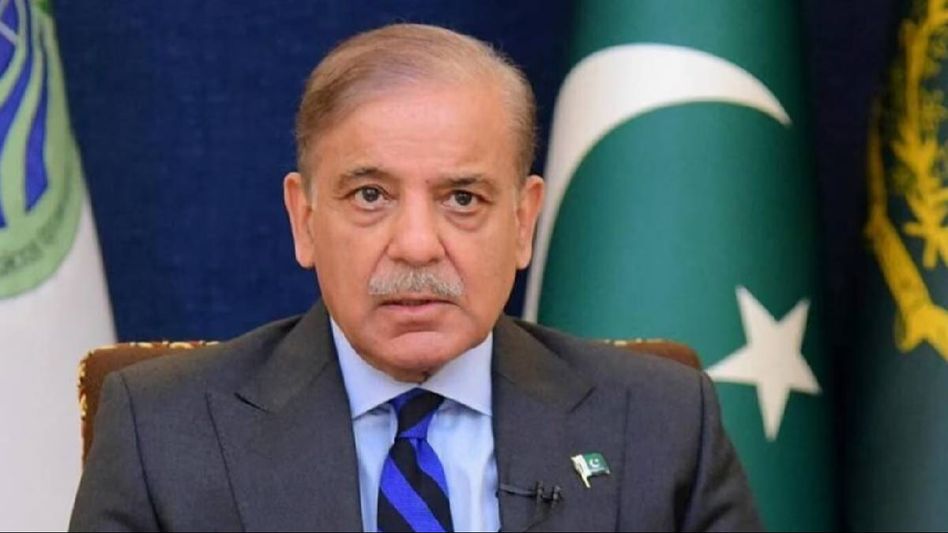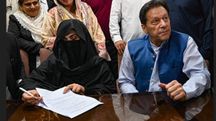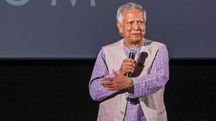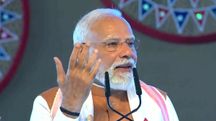Pakistan: Shehbaz Sharif elected as Prime Minister for 2nd term
The 72-year-old leader, renowned for his administrative prowess, had previously held the premier's office until August, when parliament was dissolved ahead of last month's elections, leaving Pakistan under a caretaker government.
 Pakistan: Shehbaz Sharif elected as Prime Minister for 2nd term
Pakistan: Shehbaz Sharif elected as Prime Minister for 2nd termPakistan witnessed the resurgence of Shehbaz Sharif as its Prime Minister for the second time, marking a pivotal transition in the country's political landscape. His return to power on Sunday follows a crucial parliamentary vote, where he secured the premiership amidst a backdrop of coalition unity, stepping in after his brother, Nawaz Sharif, declined a fourth term.
The 72-year-old leader, renowned for his administrative prowess, had previously held the premier's office until August, when parliament was dissolved ahead of last month's elections, leaving Pakistan under a caretaker government. Despite his elder brother Nawaz Sharif's victory in the assembly elections, Shehbaz Sharif assumed leadership, steering a minority coalition government with the support of allied parties.
Amidst speculation surrounding Nawaz Sharif's reluctance to lead a minority coalition government, his daughter Maryam revealed in a post on X that he opted out due to his preference for clear majorities, a sentiment echoed by many within the Pakistan Muslim League-Nawaz (PML-N) party.
Shehbaz Sharif's return to power not only signifies familial succession but also marks a period of coalition solidarity, notably during the tumultuous aftermath of Imran Khan's ousting in 2022. During his tenure, Shehbaz Sharif played a pivotal role in maintaining coalition cohesion and navigating Pakistan through economic challenges, including securing a critical International Monetary Fund (IMF) bailout last year.
Despite his achievements, Shehbaz Sharif's leadership was not devoid of challenges. Under his governance, Pakistan grappled with soaring inflation, reaching a high of 38%, coupled with significant currency depreciation. These economic struggles were largely attributed to structural reforms mandated by the IMF program aimed at stabilizing the economy.
Copyright©2025 Living Media India Limited. For reprint rights: Syndications Today









